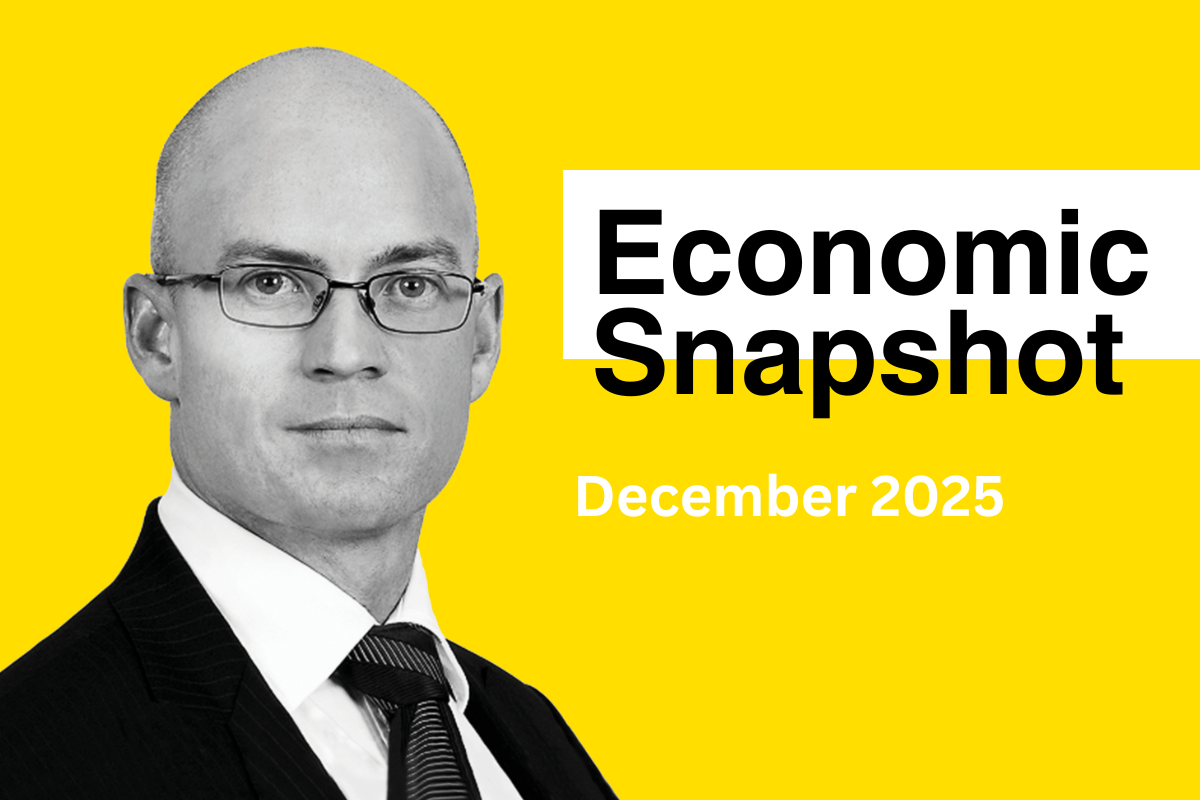
If investing seems like something only wealthy people do, it’s time to think again. Investing can be a great way to grow the money you earn – and it’s more accessible than you think. Here are some tips to help you get started.
Know your financial goals
What do you want to save for? Are you saving for next year’s holiday? Trying to build a house deposit over the next few years? Or trying to boost your superannuation for retirement? Depending on whether your goals are short term (0 to 2 years) or long term (5+ years), you’ll use different investment strategies to achieve different financial goals.
Understand investment risks
All investments involve the risk that you may lose some or all of the money you’ve invested. As a rule, investments offering high returns also come with higher levels of risk. Shares are higher risk, because the price of a share can rapidly move up and down over a short time frame. Lower risk investments like term deposits or government bonds offer lower returns, but the returns are likely to be more predictable, and you’re less likely to lose your money. Sadly, there are no asset classes that offer low risk and high returns.
Know your risk tolerance
Everyone’s tolerance for risk is different. Your age, financial goals, health and ability to recover from financial loss will affect your tolerance for risk. If you’re young, have savings to fall back on or have long-term investment time frames, you may have a greater tolerance for risk than someone who is on the verge of retirement.
Start building your portfolio
Your portfolio should reflect your financial goals, time frame and risk tolerance. Having a diversified portfolio – investments in a range of different asset classes, such as Australian and international shares, property, bonds, and private equity – may allow you to balance losses in one asset class with gains in others.
Invest in yourself
There’s one form of risk you can control, and that’s the financial risk from your own life and health. Income protection insurance can provide a monthly benefit if you’re temporarily unable to work due to illness or injury, while critical illness, total and permanent disability (TPD) and life insurance all provide a lump sum which can continue to provide financial support for your loved ones if you’re no longer able to.
If you’re interested in exploring insurance options or learning more about investing, I can help you refine your financial goals, develop an investment strategy, and navigate potential pitfalls to help you do more with your money.
Any advice is general in nature only and has been prepared without considering your needs, objectives or financial situation. Before acting on it, you should consider its appropriateness for you, having regard to those factors. Before making any decision about whether to acquire a financial product, you should obtain the Product Disclosure Statement.
Latest News Articles
Back to Latest News
What a Financial Plan Actually Looks Like

Realistic Budgeting Tips for Australians in 2026


